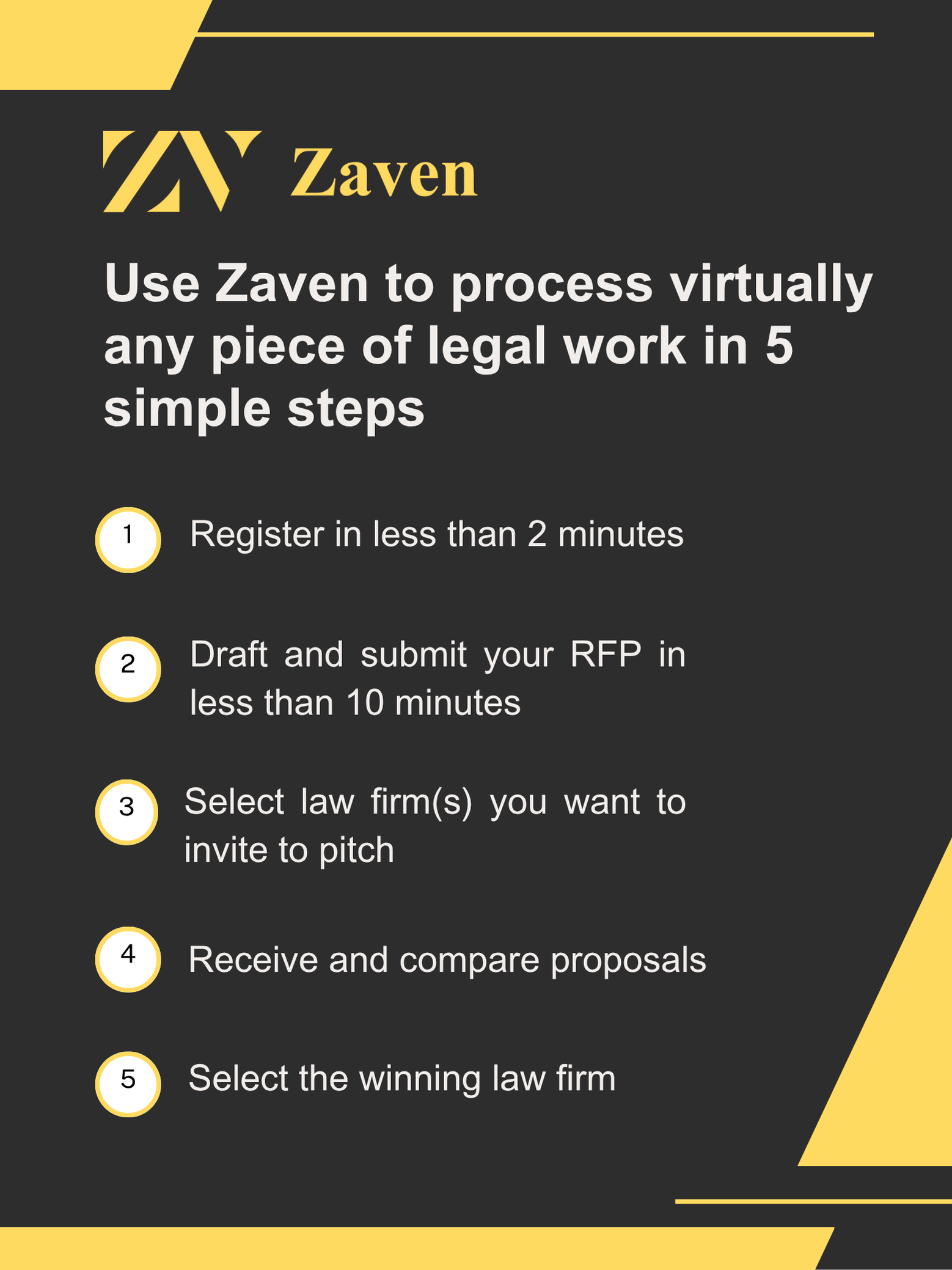Source: Global Corporate Venture
The legal technology landscape is experiencing an unprecedented transformation, driven by artificial intelligence. As revealed in recent market analysis, 2024 has witnessed record-breaking investment in legal tech startups, with AI capabilities at the forefront of this surge.
From Back Office to Front Lines
The evolution of AI in legal tech is moving beyond basic automation. As Shubham Datta from Clio’s venture capital arm notes, “The rush we saw in the first six to 12 months was around contract drafting and using AI to do certain things like negotiations and redlining.” However, the focus is shifting toward more sophisticated workflow transformations.
Specialised AI: The Competitive Edge
Unlike general AI models like ChatGPT, legal tech requires specialized solutions. The industry’s zero-tolerance for errors and need for precise knowledge has created opportunities for niche players. “Certain horizontal solutions like Chat GPT aren’t a great use case for legal,” Datta explains, highlighting the importance of practice-specific AI solutions.
Investment Trends and Market Leaders
Major players are taking notice. Thomson Reuters Ventures has invested in companies like Wisedocs, which uses AI for medical record summarization in injury claims, and Spellbook, a leading legal drafting tool. As Tamara Steffens, Managing Director at Thomson Reuters Ventures, puts it, “The timing is perfect for us.”
The Integration Challenge
However, adoption remains a significant hurdle. Ian Bagshaw, partner at Perkins Coie, highlights a crucial challenge: “A lot of law firms are trumpeting their AI strategies but very few are able to implement a consistent strategy.” The issue lies in disrupting established practices across large organizations where hundreds of partners operate differently.
The Future of Legal Practice
The potential impact is substantial. Bagshaw envisions a future where software handles up to 80% of a partner’s workload, allowing lawyers to focus on relationship-building and client engagement. This shift could fundamentally change how firms charge for services while potentially reducing overhead costs.
Investment Imperative
For legal tech startups, AI integration is becoming non-negotiable. As Datta emphasises, “We’re not interested in investing in technologies that don’t have an AI angle to them.” This stance mirrors the cloud computing revolution – companies without AI capabilities risk being left behind.
The message is clear: AI in legal tech isn’t just about innovation; it’s about survival in an increasingly competitive market. As the technology continues to evolve, law firms and legal tech providers must adapt or risk obsolescence.
Read more: Global Corporate Venturing







